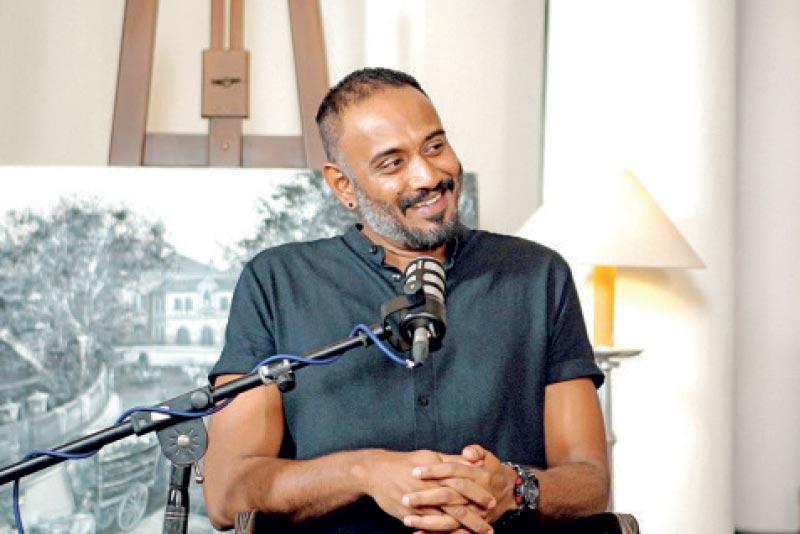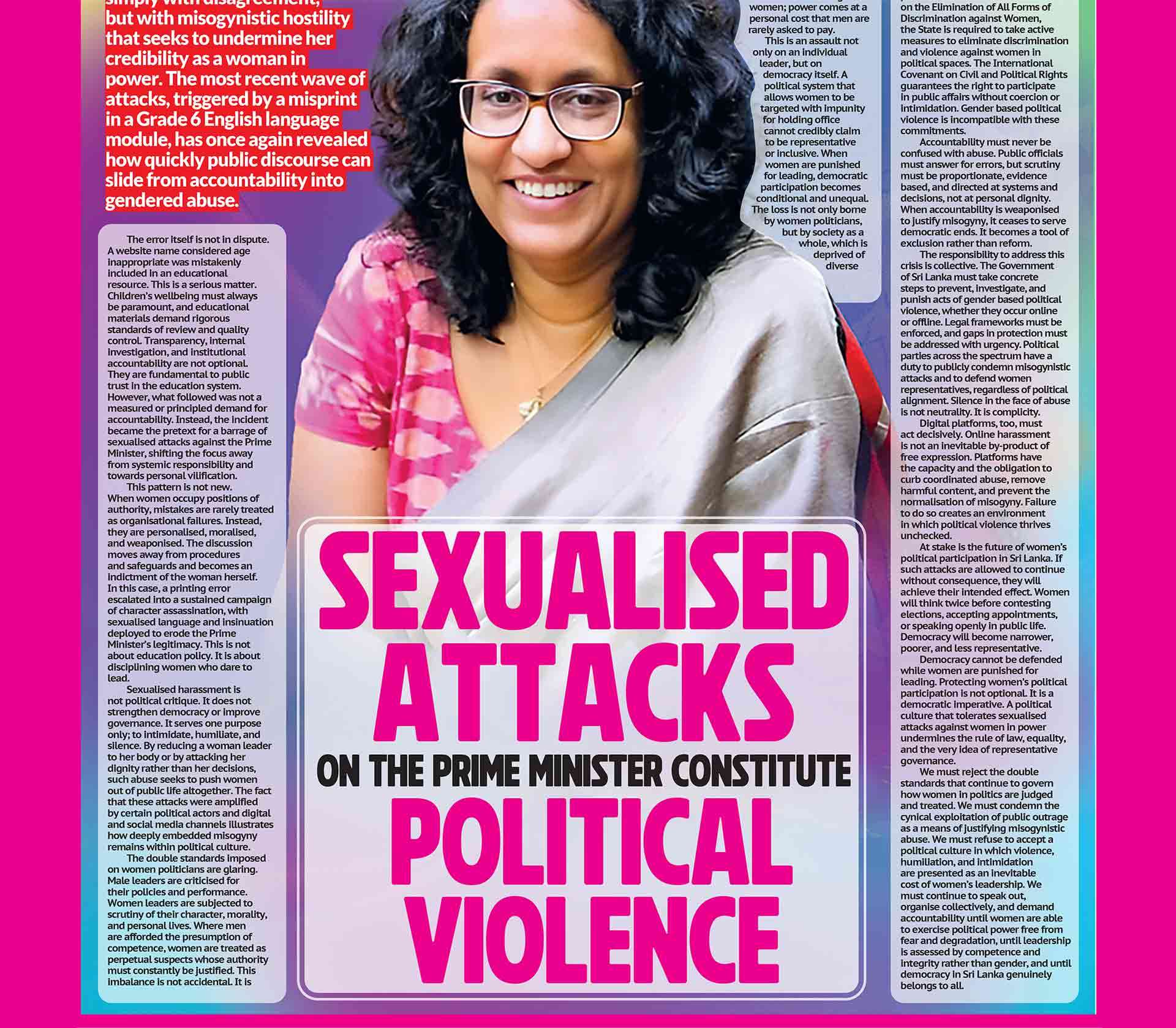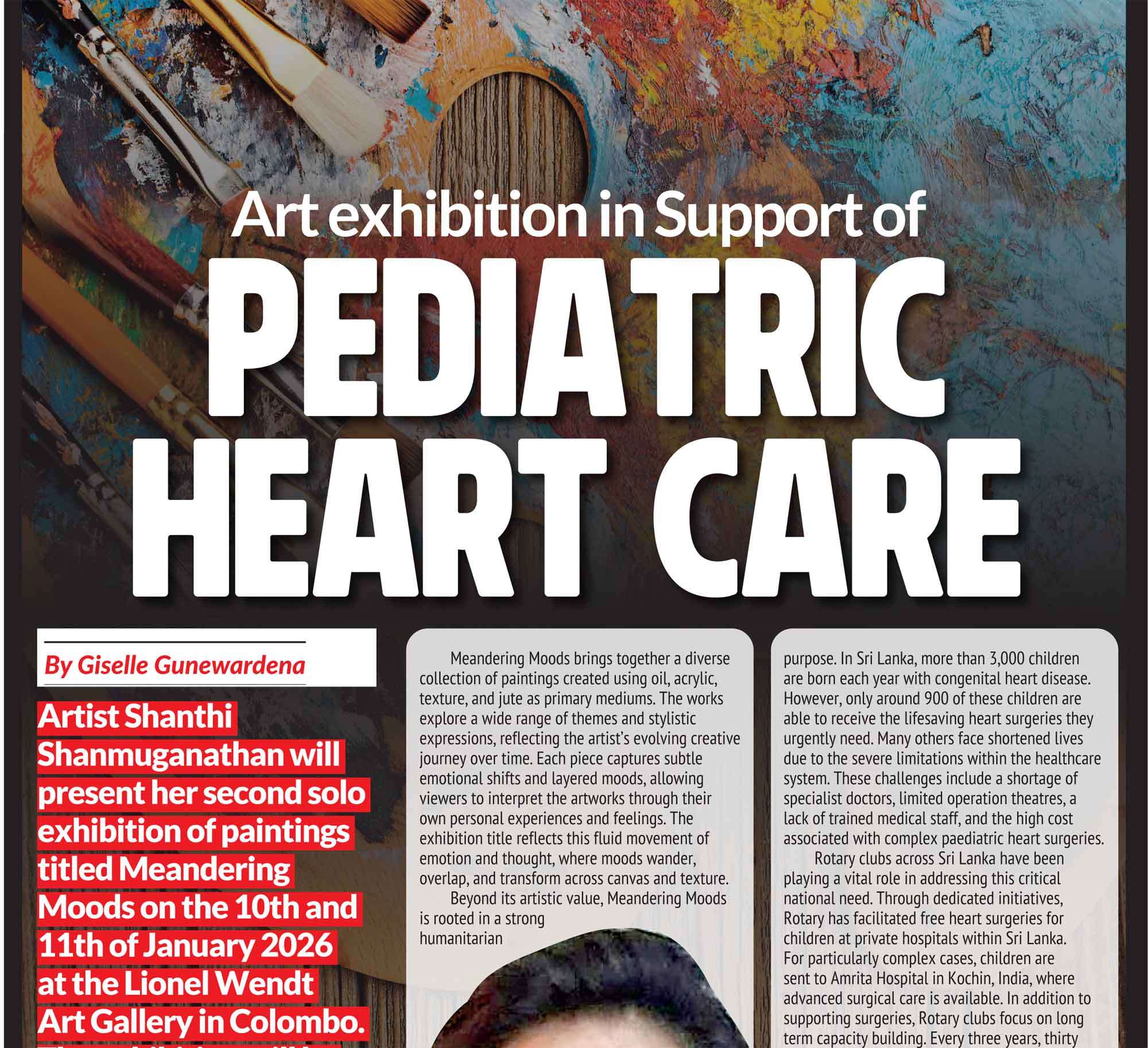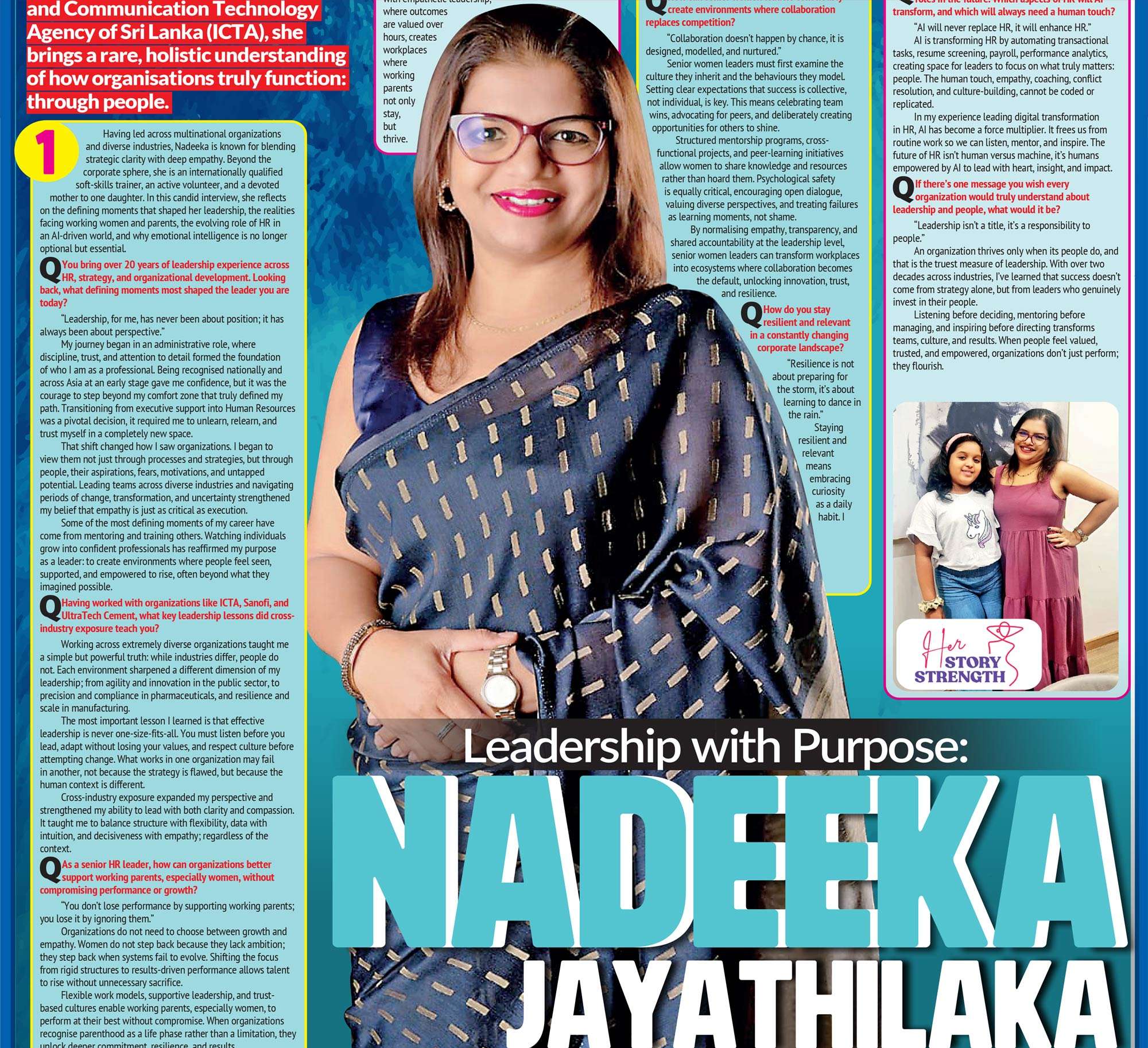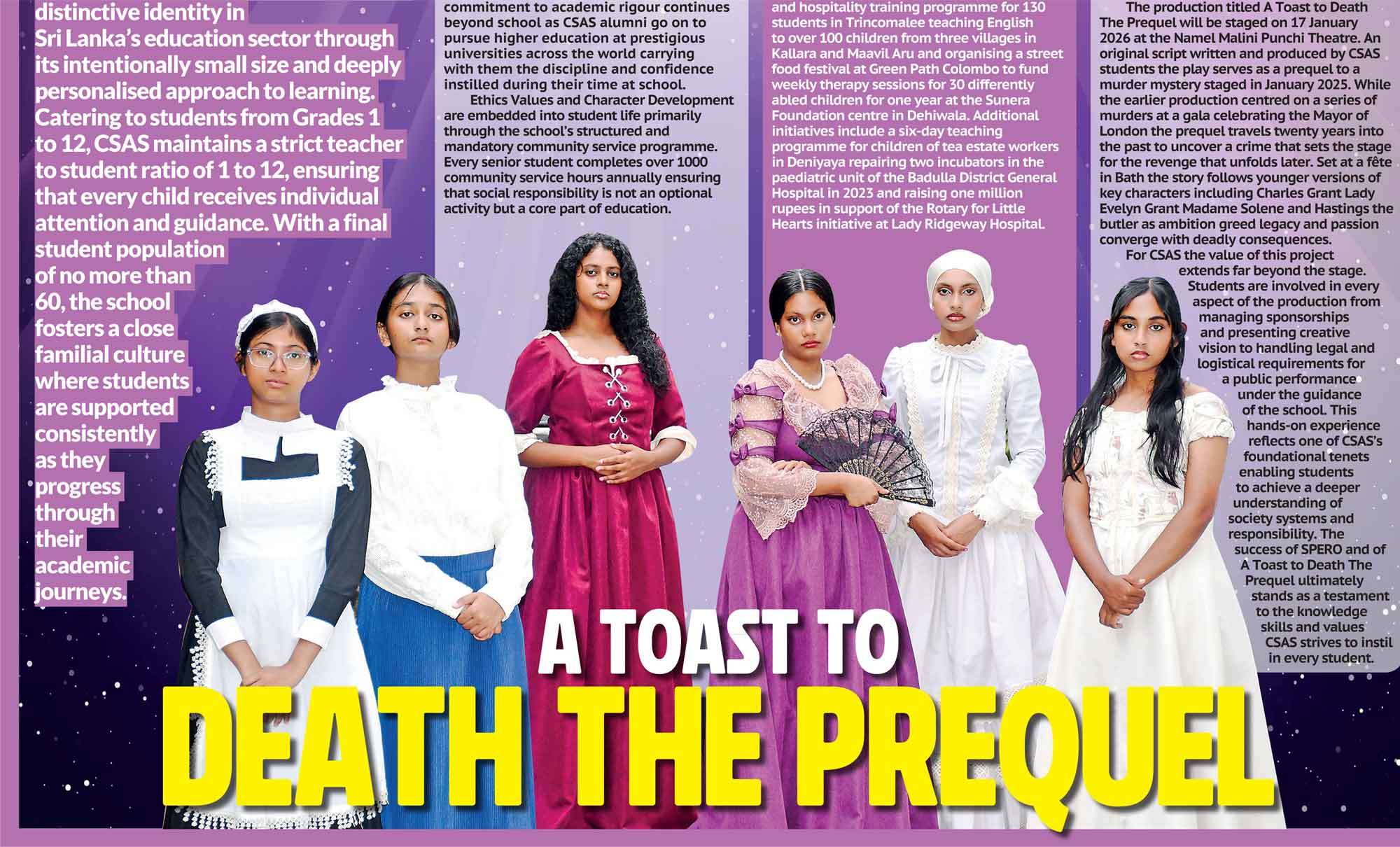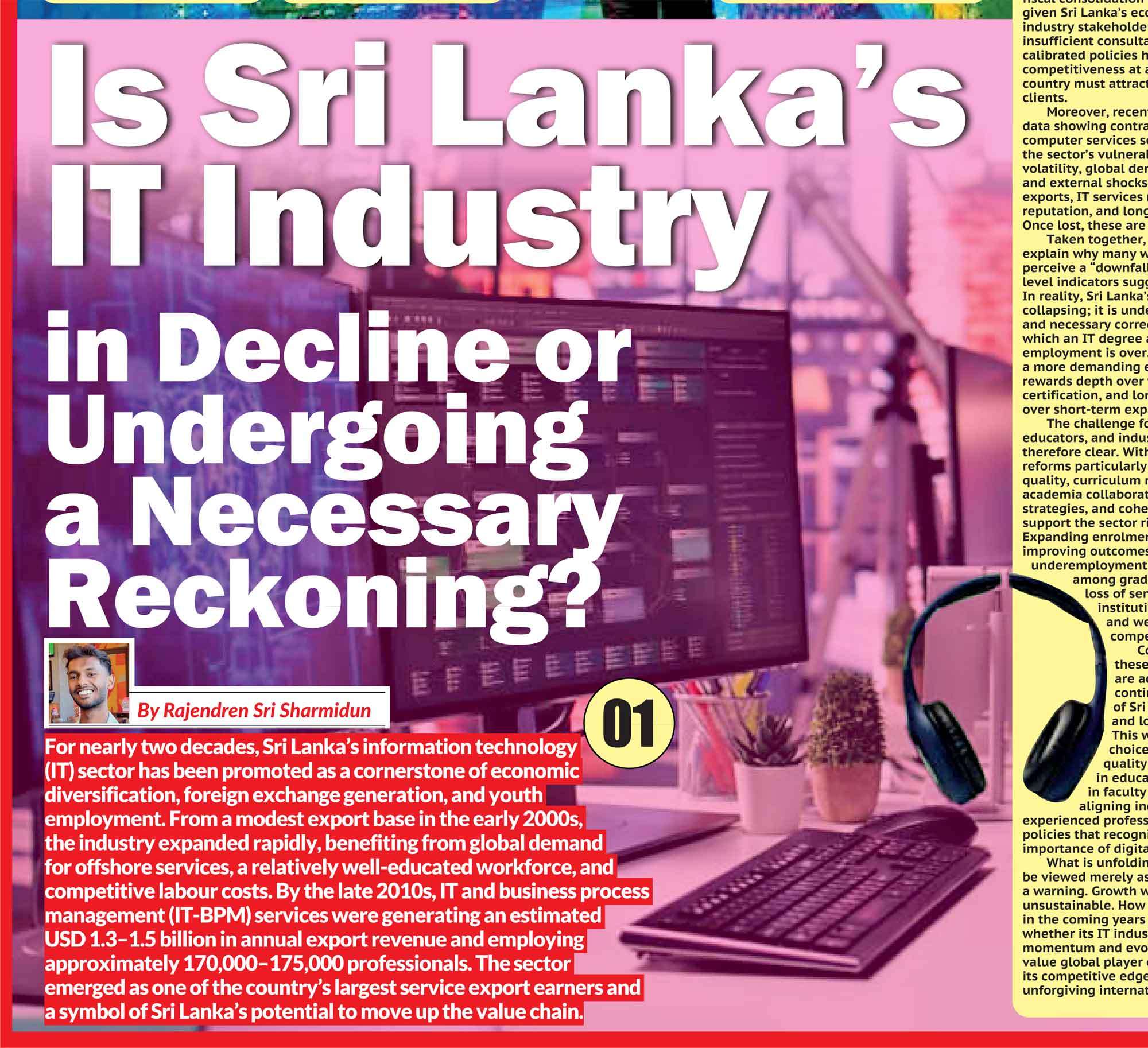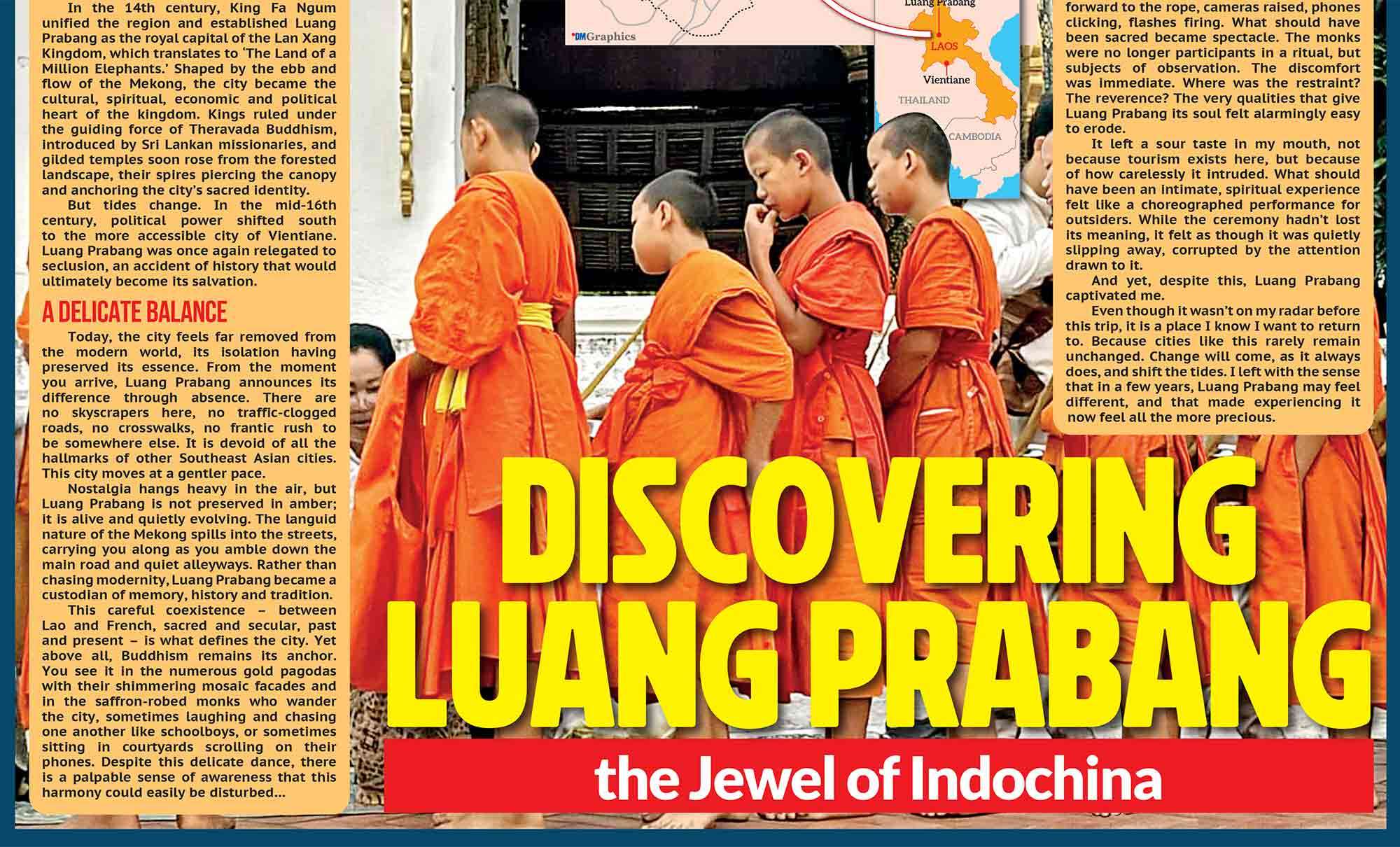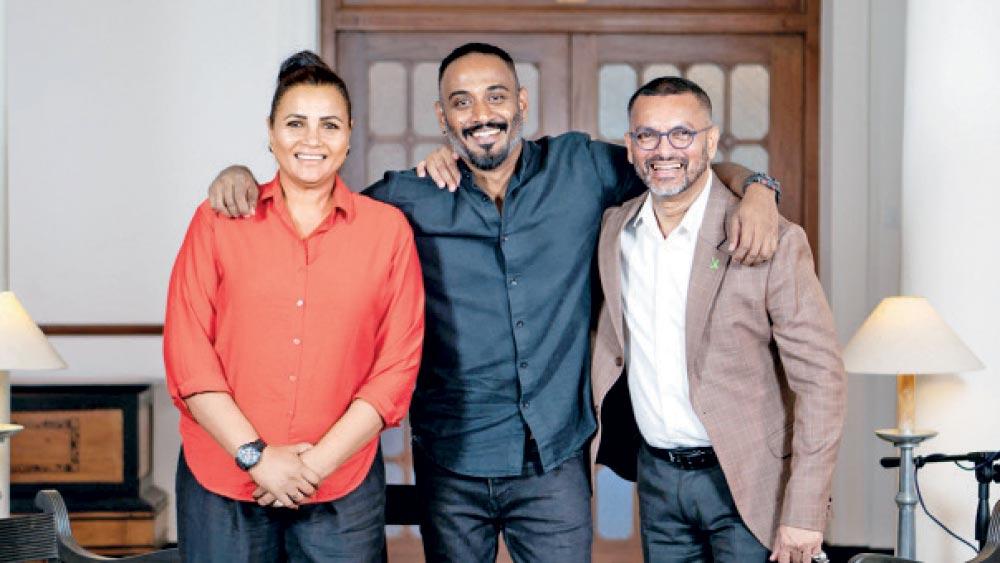
Ashan Dias is one of Sri Lanka’s most intriguing contemporary actors, whose path has taken him from architecture to the world of cinema. His journey from blueprints to the big screen is defined by bold choices, personal reflections, and a commitment to elevating Sri Lankan cinema on the global stage. In this candid interview with Fame Game hosts Kumar and Rozanne, Ashan speaks openly about his regrets, the realities of the entertainment industry, the value of talent over fame, and the future he envisions for himself and the local film scene.
Looking back, do you have any regrets both professionally and personally?
Professionally, I do regret not pursuing acting earlier. I spent about ten years studying and practicing architecture. After all, what’s the point of being called an architect if I’m not actually doing it? When I was younger, making a career in acting, especially in Sri Lanka, seemed impossible. I didn’t think there was a clear path or support for actors. Had I realized this sooner or had the opportunity to study acting abroad, I might have saved a decade of my life. Personally, like everyone, I have regrets. There are things I wish I hadn’t done, but I’d rather not go into those. When it comes to films, though, I don’t regret the roles I chose or passed on. Sometimes I wish that the people involved in certain projects had been more serious and committed to perfection. You only realize that after the project. But when I take on a project, I have my reasons, so I don’t regret those decisions.
What made you decide to leave architecture behind?
I imagined architecture as a creative, laid-back profession. Designing beautiful buildings, taking your time, and doing meaningful work. The reality was quite the opposite. To keeping an architecture office Running meant juggling at least ten projects simultaneously, dealing with clients who constantly change their minds, and facing endless deadlines. It felt like a rat race, and the joy of creation was lost in the pressure. I realized that no matter how much money or prestige architecture could offer, if it didn’t make me happy, it wasn’t worth it. So, I chose passion over convenience.
The casting couch is often discussed as a problem in the entertainment world. Have you encountered it?
For men in the acting industry, I haven’t experienced it. It’s more common for women and, to some extent, for both genders in the modelling and fashion industries. Personally, I’ve been fortunate not to face such situations. I do think a lot of people don’t realize how prevalent or hidden these issues can be because it’s not something openly talked about, especially in our society.
Have you ever turned down a role because of the cast or project quality?
Yes, I have. Choosing a role is never just about the script or my character alone. I consider the director’s vision, the quality of the production, and the calibre of the cast. If I feel the director is not serious, or if the cast doesn’t meet a certain level of professionalism and talent, I’d rather walk away. Being part of a subpar project can bring down your own performance and affect your credibility as an actor.
What qualities do you look for in a co-star?
Talent, dedication, and respect for the craft. I want to work with actors who are serious about their roles and committed to bringing their best to the screen. Unfortunately, in today’s industry, looks and social media followers sometimes outweigh talent, which is disheartening. But I believe that trend is slowly changing as audiences demand better quality.
You have a modest but loyal fan base. How do you view your success?
I’m proud of the fans I have. They genuinely appreciate my work rather than just following me for entertainment or trends. Social media numbers can be misleading; many accounts have huge followers but also a significant portion who troll or aren’t truly engaged. I’d rather have a smaller, more genuine following that respects what I do.
QHave you taken on roles that challenge you, or do you feel there is more you could do?
I believe I’ve only scratched the surface, maybe done 10% of what I’m capable of. The biggest hurdle is the scarcity of well-written scripts and meaningful roles in the Sri Lankan industry. Many projects rush production just to meet deadlines, sacrificing depth and quality.
Will you ever get into scriptwriting or directing?
In fact, that’s the main plan for the future. You can’t just sit around waiting for the perfect role to come your way! You’re not getting any younger. If the roles I want aren’t happening, I’d rather create them myself. That means finding someone to write the kind of story I have in mind, getting the right producers on board, and directing it. It’s something I see happening down the line.
Your portrayal of Mangala Samaraweera in “Rani” was well received. Do you feel you did justice to the role?
It’s hard to judge your own work. I did my best given the limited resources and footage of the real person from that era. My aim was to capture the essence without exaggerating or turning it into a caricature. The feedback has been positive, which is encouraging. Of course, when people who knew him personally watch, they notice differences. But it’s about finding a balance between authenticity and performance.
What’s the most difficult part of acting?
The hardest challenge and the most rewarding is completely letting go of yourself in a scene. Acting isn’t just reciting lines; it’s about feeling the moment, becoming the character. If you’re not fully immersed, the audience will sense it. Also, your co-stars matter a lot because acting is a two-way street. If they’re not committed, it’s difficult to give your best.
Do you think Sri Lankan actors have the potential to break into global cinema?
Absolutely. We have a lot of raw talent. The challenge is the local industry’s limitations. It’s small, underfunded, and doesn’t always support ambitious projects. When I was in Australia, I had contacts and offers from Hollywood but couldn’t pursue them due to personal circumstances. My dream is to help create quality films here that can compete internationally and even make it to the Oscars. It’s an uphill battle but definitely possible.
How do you view the new generation of actors?
Many of today’s young actors gain instant fame via reality TV and social media, which makes their rise quicker but sometimes less grounded. The journey for them is shorter, but the challenge is sustaining a career beyond fleeting popularity. Talent and discipline remain essential for long-term success, but instant fame can sometimes give a false sense of security.
You’ve done teledramas as well. Will you return to that format?
Only if the project is professionally managed with a complete script and continuous shooting schedule. The current model of shooting episodes sporadically and juggling multiple roles at once isn’t conducive to serious acting. It’s hard to be authentic when you’re constantly switching characters and juggling half-finished scripts.
What’s next for Ashan Dias?
I want to be part of projects that inspire and challenge me, films that elevate Sri Lankan cinema globally. The industry is improving, better scripts, more committed directors, improved theatres and I want to contribute to that growth. Writing and directing my own films is a goal I’m actively pursuing.
How do you envision your life at 75?
Hopefully, I won’t make it that far! But if I do, I’ll be happy and at peace, probably living in the mountains with my cats. I’m learning to let go of the need for constant validation. Acting will always be my passion, but it’s no longer my entire identity. Finding contentment beyond success is the real journey.
